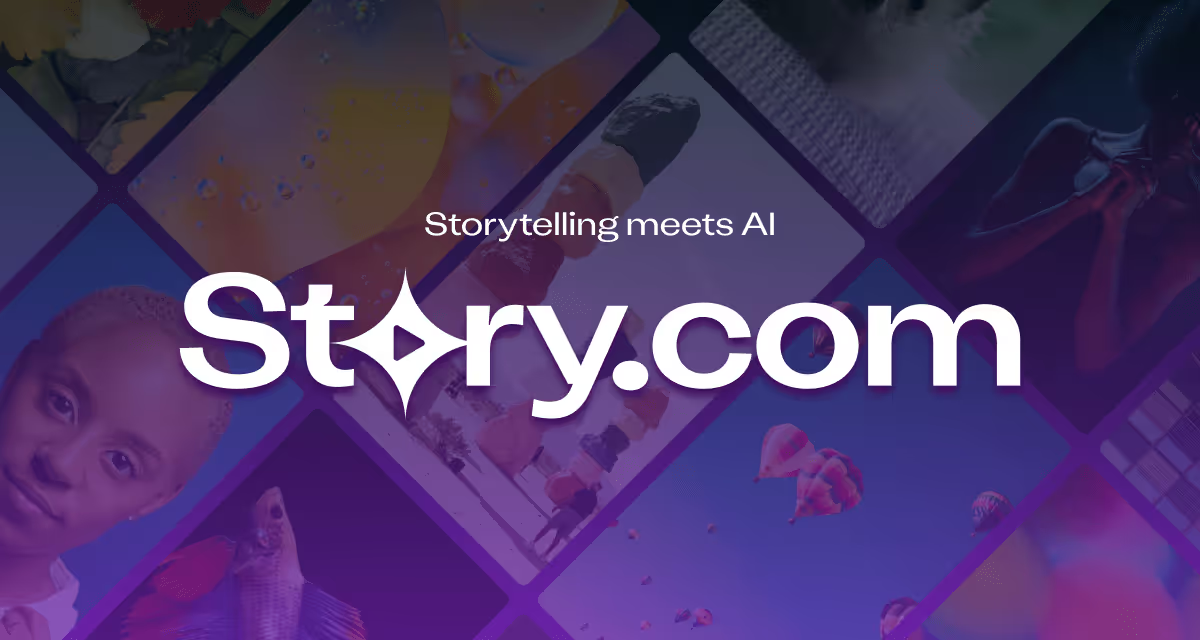
We envision a future where intellectual property and data are no longer confined by traditional barriers but instead exist as dynamic, programmable assets on a decentralized, blockchain foundation. Our mission is to redefine ownership and transparency in the digital economy, empowering creators, developers, and AI agents to participate in a seamless and fair ecosystem for IP exchange and monetization.
By pioneering specialized protocols and infrastructure, we are forging an AI-native IP paradigm that addresses longstanding inefficiencies and opacity in rights management. Our approach treats IP as modular and remixable assets, enabling automated, transparent, and legally binding interactions between humans and machines.
Through thoughtful decentralization and innovation, we aim to unlock the full potential of the $80 trillion IP economy, fostering a collaborative future where creativity and data flow freely underpinned by trust, compliance, and innovation.
Our Review
We've been watching Story Foundation closely, and honestly, we're impressed by how they're tackling one of tech's messiest problems. While most blockchain projects chase the latest trend, Story is building something that actually addresses a real pain point: the chaotic world of intellectual property in the AI age.
Think about it—AI models are trained on massive datasets, creators struggle to get paid for their work, and nobody really knows where their IP ends up. Story's building infrastructure to fix that mess, and they're doing it with some serious backing ($143 million from names like a16z).
The "Lego Blocks" Approach That Actually Makes Sense
What caught our attention is Story's vision of IP as programmable "Lego blocks." Instead of treating intellectual property like some static, untouchable asset, they're making it modular and remixable on their blockchain. You can track provenance, handle licensing, and split royalties automatically—all without lawyers breathing down your neck.
The Story Protocol isn't just theory either. They've built technical standards (they call them "nouns") for IP provenance and flexible modules ("verbs") for licensing. It's like having smart contracts specifically designed for creative work.
AI Agents Trading IP? Now We're Talking
Here's where things get really interesting: their Agent TCP/IP protocol lets AI agents autonomously execute legally binding contracts and trade IP assets. Imagine AI systems that can license content, negotiate deals, and manage royalties without human intervention. It sounds like science fiction, but Story's building the rails for it to happen.
Their Poseidon initiative is another smart move—creating a decentralized marketplace for real-world data as IP. With AI companies desperate for quality training data, this could become a goldmine for data creators.
Who Should Pay Attention
If you're a creator tired of getting ripped off, an AI developer struggling with data licensing, or a company trying to navigate IP compliance in the AI era, Story's building tools you'll probably need. The $80 trillion IP economy isn't going anywhere, and making it programmable feels like the logical next step.
We'll be watching how their progressive decentralization unfolds and whether they can actually deliver on this ambitious vision. But so far, Story feels less like crypto hype and more like necessary infrastructure for our AI-powered future.
Feature
Tokenize, track, and manage intellectual property (IP) as programmable assets on blockchain
Decentralized infrastructure for autonomous IP exchange and monetization
Story Protocol for IP provenance, flexible licensing, and monetization on-chain
Agent TCP/IP enabling AI agents to execute legal contracts and trade IP assets autonomously
Poseidon data infrastructure for decentralized marketplace of real-world data as IP








